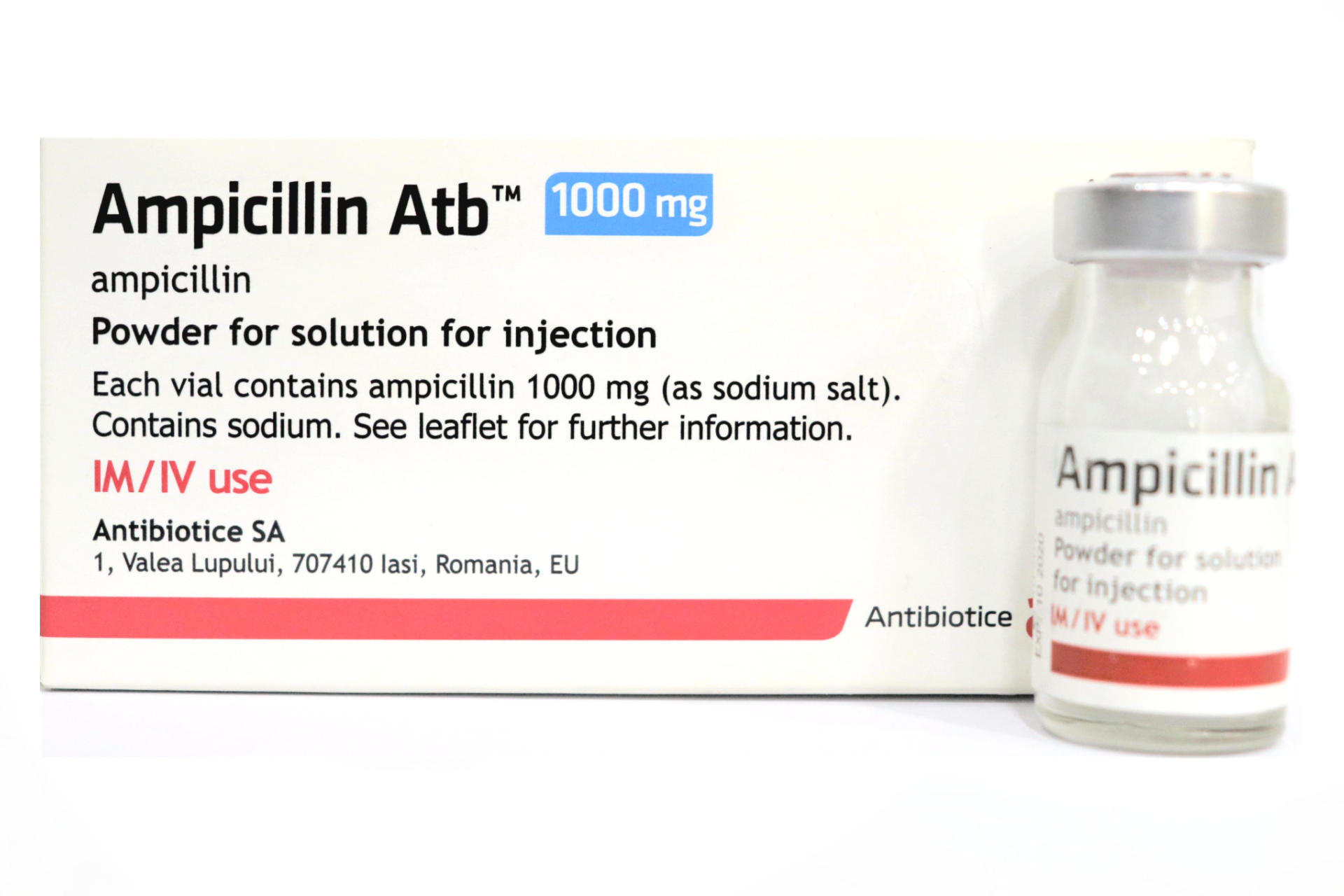
- February 25, 2019
Effective against Respiratory Tract Infections caused by S. pneumoniae (formerly D. pneumoniae), Staphylococcus aureus (penicillinase and nonpenicillinase producing), H. influenzae and Group A beta-hemolytic streptococci.
Bacterial Meningitis caused by E. coli, Group B Streptococci, and other Gram-negative bacteria (Listeria monocytogenes, N. meningitidis). The addition of an aminoglycoside with ampicillin may increase its effectiveness against Gram-negative bacteria.
Septicemia and Endocarditis caused by susceptible Gram-positive organisms including Streptococcus spp., penicillin-G-susceptible staphylococci and enterococci. Gram-negative sepsis caused by E. coli, Proteus mirabilis and Salmonella spp. respond to ampicillin. Endocarditis due to enterococcal strains usually respond to intravenous therapy. The addition of an aminoglycoside may enhance the effectiveness of ampicillin when treating streptococcal endocarditis.
Urinary Tract Infections caused by sensitive strains of E. coli and Proteus
